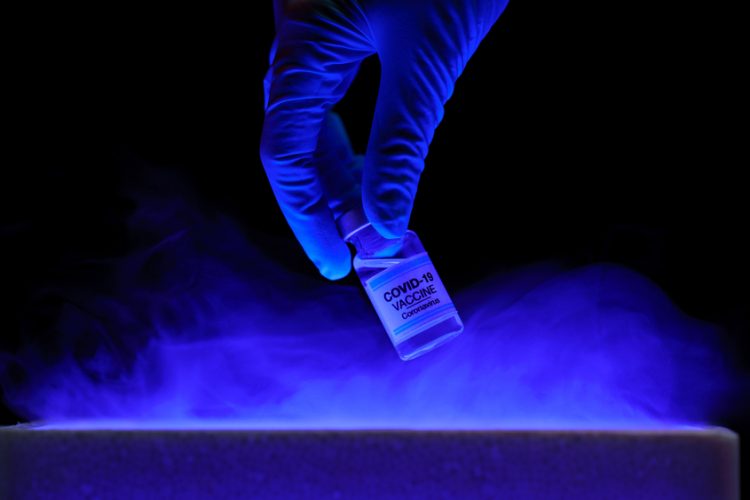FDA approves more flexible transportation conditions for Pfizer-BioNTech COVID-19 vaccine
Posted: 26 February 2021 | Hannah Balfour (European Pharmaceutical Review) | No comments yet
Based on new stability data, the US regulator will allow COMIRNATY® to be transported and stored at standard pharmaceutical freezer temperatures for up to two weeks.


Following the submission of new stability data, the US Food and Drug Administration (FDA) will now allow undiluted frozen vials of the Pfizer-BioNTech COMIRNATY® COVID-19 vaccine to be transported and stored at between at -25°C to -15°C, conventional temperatures commonly found in pharmaceutical freezers for a period of up to two weeks.
Prior to this allowance, the undiluted vials had to be distributed and stores in an ultra-low temperature freezer between -80°C to -60°C. The new stability data submitted by Pfizer demonstrates that their COVID-19 vaccine remains stable after storage of the undiluted vials for up to two weeks at standard freezer temperature. The change is being reflected in updates to the Fact Sheet for Healthcare Providers Administering Vaccine.
The FDA noted that the alternative temperature for storage of frozen vials is not applicable to the storage of thawed vials before dilution (which can be held in the refrigerator for up to five days), or the storage of thawed vials after dilution (which can be held at refrigerator temperature or room temperature for use within six hours).
“Pfizer submitted data to the FDA to support this alternative temperature for transportation and storage. This alternative temperature for transportation and storage of the undiluted vials is significant and allows the vials to be transported and stored under more flexible conditions. The alternative temperature for transportation and storage will help ease the burden of procuring ultra-low cold storage equipment for vaccination sites and should help to get vaccine to more sites,” commented Dr Peter Marks, director of the FDA’s Center for Biologics Evaluation and Research.
If accepted by other regulators, this change in required distribution and storage temperatures could have a significant impact on the use of the COMIRNATY® vaccine in countries around the world.









